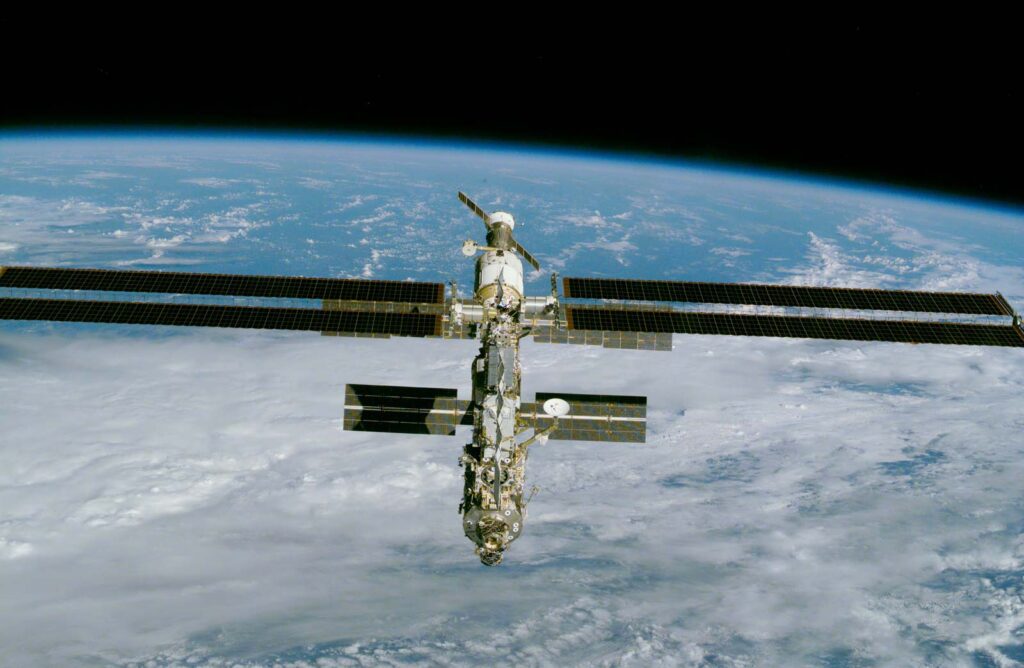The Federal Government has announced plans to send the country’s first citizen to space.
The Director General of the National Space Research and Development Agency (NASRDA), Mathew Adepoju, made the announcement at a press conference in Abuja on Wednesday.
Adepoju disclosed that the Federal Government has signed the Memorandum of Understanding (MoU) in collaboration with NASRDA and the Space Exploration and Research Agency.
“This collaboration, which is coming to the country, marks a significant milestone in Nigeria’s 25th anniversary of Space Exploration journey and opens new opportunities for scientific research and technological advancement,” Adepoju said.
Nigeria has been actively pursuing space exploration since 1999, when it established NASRDA, and has since launched several satellites into orbit, the most recent being the NigeriaSat-X in 2011.
NASRDA was established on May 5, 1999, after a preparation period since 1998 by former President Olusegun Obasanjo and the Nigerian government, with a primary objective of establishing a “fundamental policy for the development of space science and technology” with an initial budget of $93 million.
In May 2006, the new extended national space programme was adopted. NASRDA has launched four satellites of its own, the first one in 2003 and the last one in 2009.
Nigeria’s first satellite, NigeriaSat-1, was launched on September 27, 2003, and on August 17, 2011, a replacement, NigeriaSat-2, the most powerful imaging spacecraft ever sent into orbit, was launched. An equivalent satellite, NigeriaSat-X, was co-launched with NigeriaSat-2 at the Yasny military base in Russia.
On May 13, 2007, the country’s and Africa’s first communications satellite, NigComsat-1, was launched at an overall cost of USD 300 million. It deorbited on November 11, 2008, and a replacement, NigComsat-1R, was launched on December 19, 2011.
The cost of both satellites was USD 48.4 million, including launch and insurance. NigeriaSat-1 cost the country USD 13 million. Both NigeriaSat-2 and NigeriaSat-X have a design life of seven years.
In 2014, six years after it had outlived its design life, NigeriaSat-1 was decommissioned by engineers and scientists of the National Space Research and Development Agency, NASRDA, and burned up in a controlled reentry into Earth’s atmosphere










More Stories
Zelensky says he is ‘ready’ to resign as Ukraine president
In mass firings, Elon Musk’s DOGE demands U.S. federal employees detail work done in previous week or turn in resignations
Kidnappers abduct 60-year-old patient from Kano Neuro-Psychiatric hospital